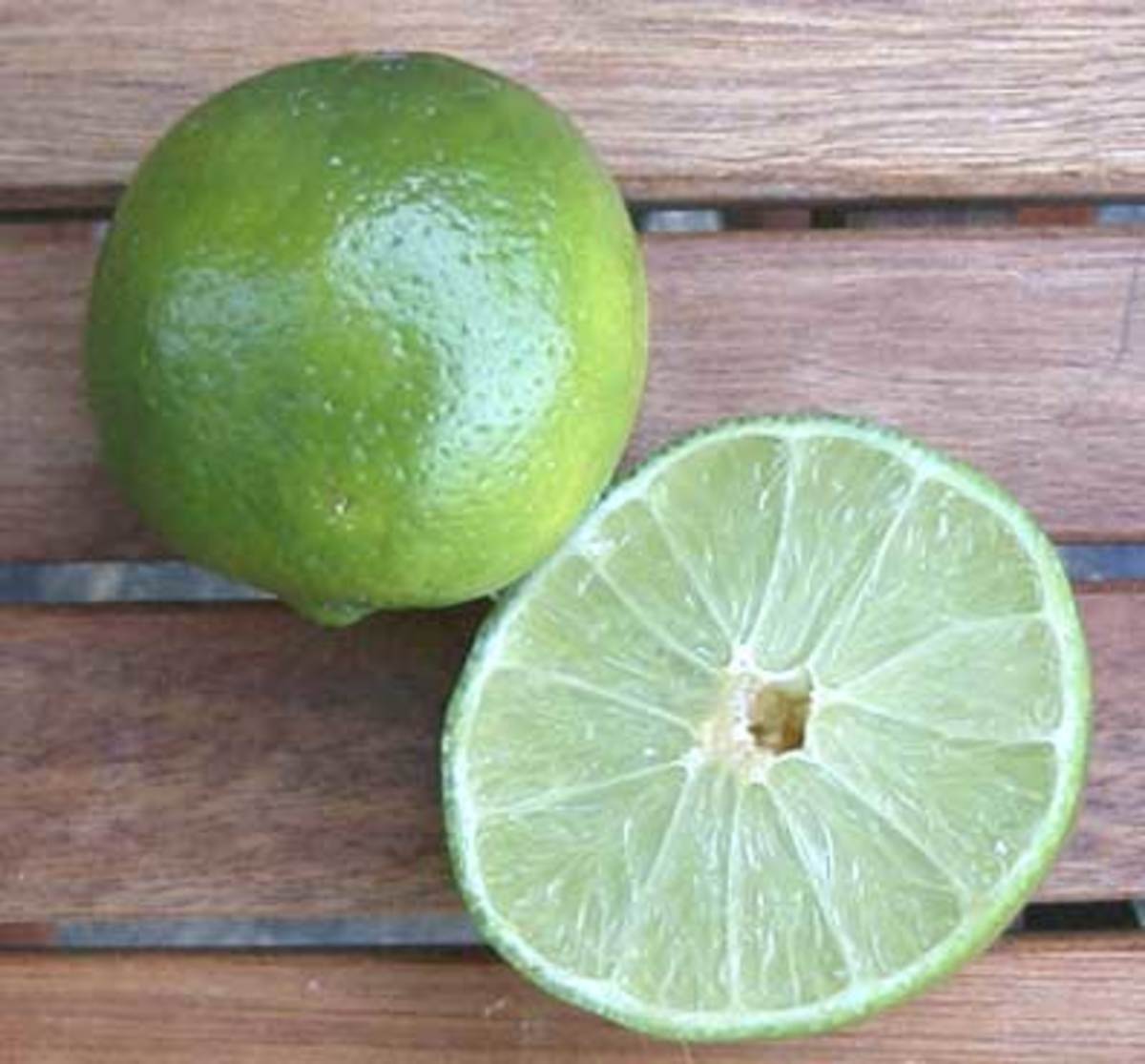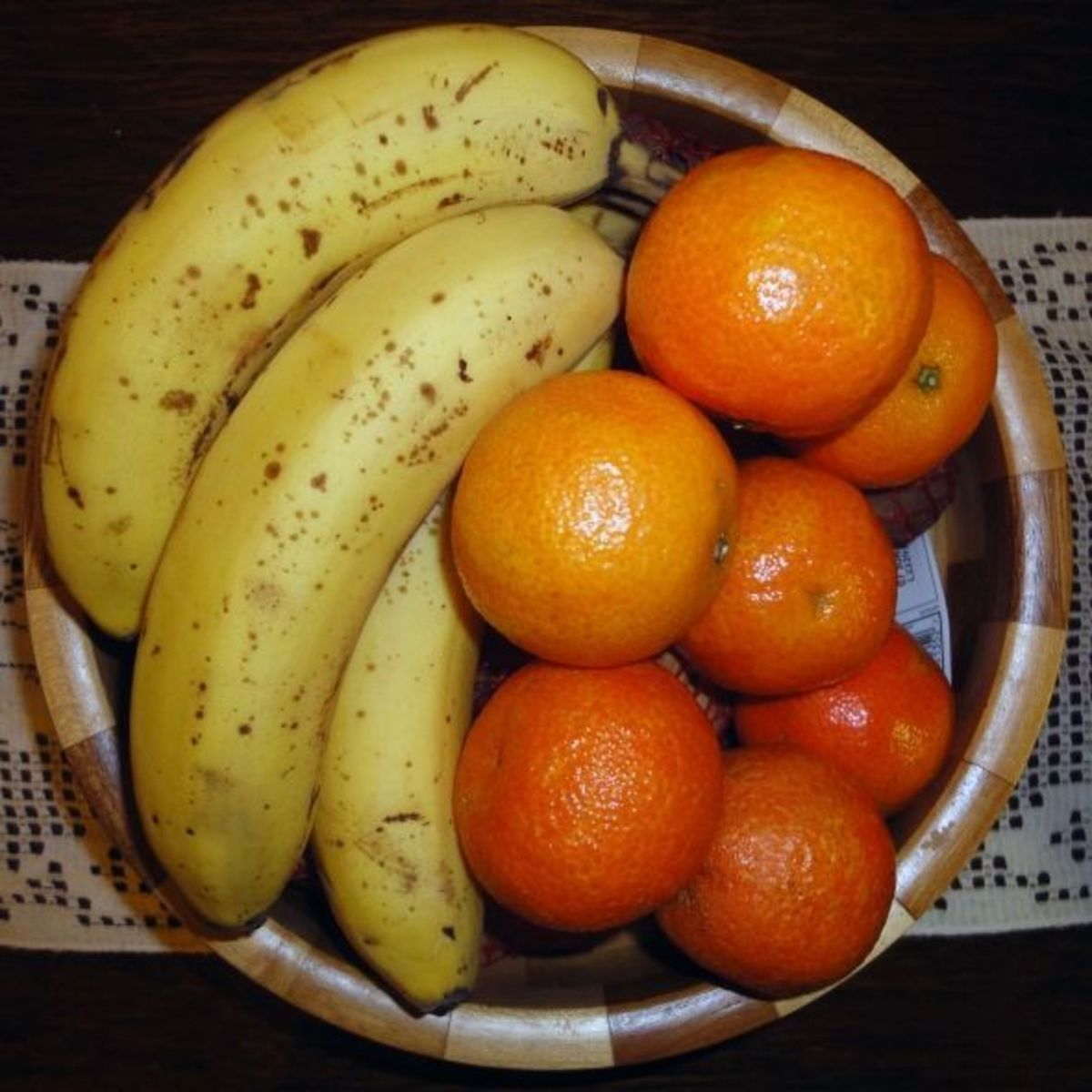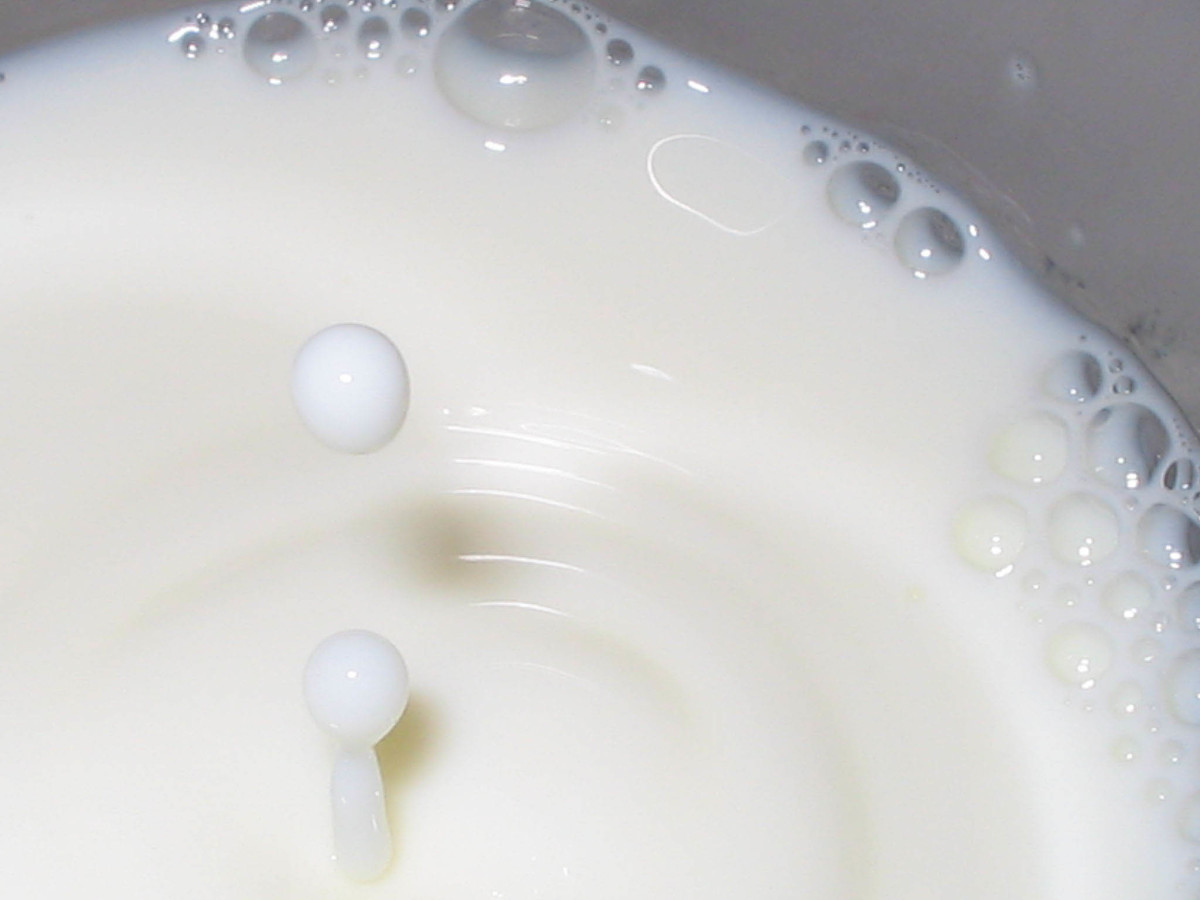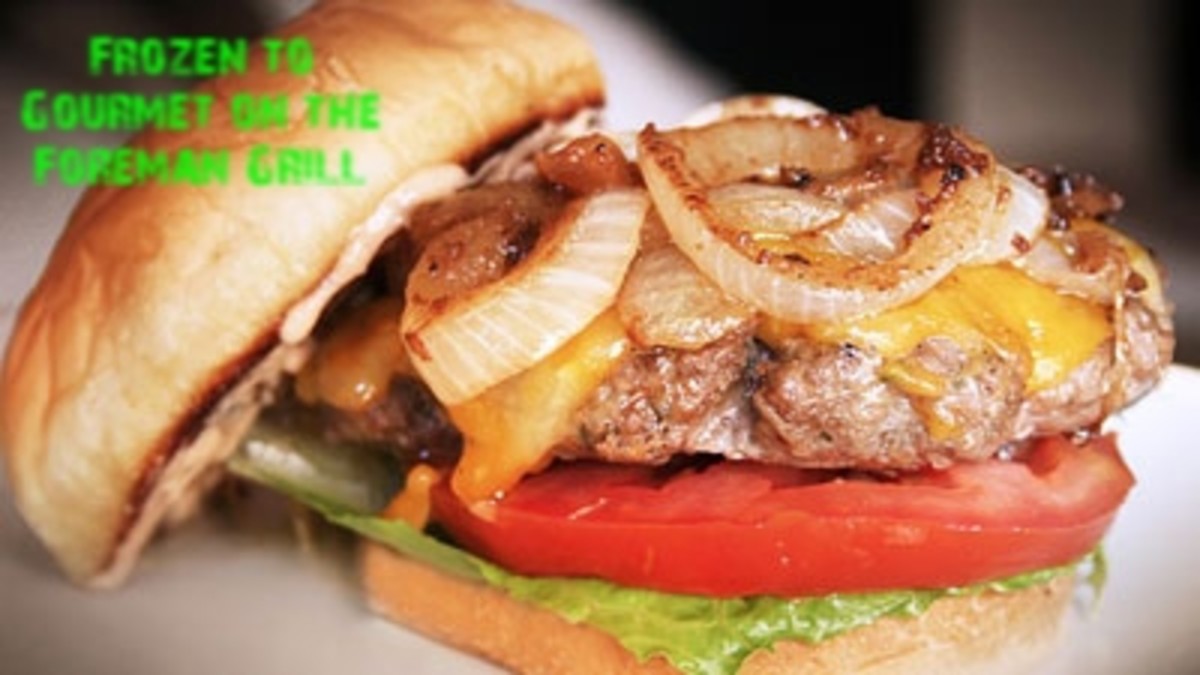Processing of Fruits and Fruit Juices in Our Life
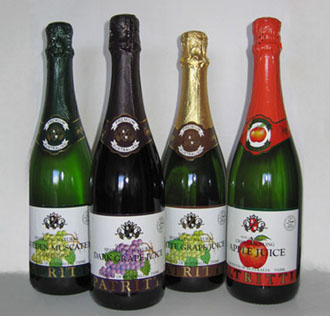
In summer season people are having many choices to reduce the suffering from hot sun. Our body badly needs some fruit drinks, curds and other soft drinks when we feel hot. We can use fruits either in natural form or as already processed.
Some important ingredients of processed fruits are Citric acid, Sugar, Flavor and permitted color. The Citric acid plays an important part in the process as it acts as a preservative to increase the life of the product. Some other preservatives used in fruit processing than Citric acid are Potassium metabisulfite and Sodium Benzoate. Flavor is added to get some difference in taste of the product where as the color is the thing which gets only the commercial importance.
There are different kinds of fruit juices available in the market. Of which Orange, Grapes, Apple, Mango, Pineapple are some important variety of juices. These fruit juices are available in concentrated, diluted and carbonated forms.
Some Important Fruits used for the Processing
Orange
This is a citrus fruit enriched with vitamin C ( L-Ascorbic acid ) and well suited for summer days. The taste of Orange is some thing different from other fruits and it is often preferred by the most of our people. The nature of this fruit, as it requires peeling before eating, increases the necessity of theprocess. The loss of appetite and diseases because of the lack of vitamin C can be overcome by the in-take of the Orange juice.
Grapes
Available in both black and green forms. Some of them are seedless and noted for the sweetness. It is very useful to increase the appetite and cure the liver connected diseases. These are largely cultivated in some parts of South India such as Cumbum valley and Palni. Caffeic acid, Tannic acid Quenic acid and Citric acid are some of the natural fruit acid found in this fruit.
Apple
Widely grown in Kashmir area in India. It is very useful to overcome the anaemic problems. The processed fruit juice is more delicious than the naturally available ones. This contains Malic acid.
Mango
This tropical growing fruits are found in numerous varieties and also noted for sweetness. This fruit juice contains vitamin A and some minerals.It is not usually available as carbonated drinks and so the considerable amount of citric acid is mixed with mango drinks to increase the life of the product. Gallic acids and Myristic acids are also naturally found in this fruit.
Pineapple
This fruit is sliced and processed with Citric acid and other preservatives to avoid getting brownish. The freshness of the slices can be maintained for few daysThis fruit contains tartaric acid and some other vitamins and minerals.
The Aim of Processing the Fruits
The aim of processing the fruits is simply to make it worthy enough to a long use. Naturally fruits are not capable of standing with atmospheric condition for a long period. They will be easily decayed by the varoius organisms like bacteria and yeasts. We can avoid the quick decaying of fruits by processing them by the addition of some preservatives like Citric Aacid. The appropriate addition of Citric acid avoid the decaying of fruit juices and increase the life of them and make it suitable for the long term use. The processed fruits can be used upto 6 months of period. By processing them we can have a chance of tasting the seasonal fruits like Mangos and Pineapples in any time of the year.
The Method of Processing the Fruits
Normally a litre of any natural fruit juice requires 1 kg of sugar and 10 to 12 gm of Citric acid which is commonly available in the market. A very little amount of Potassium metabisulfite ( about 1 gm ), recommended quantity of Flavor and Color are also needed for the process.
The method of process is as follows. Any one of our favorite fruit is carefully peeled and the juice is extracted in the juicer and filtered. Then 1 kg of sugar is mixed with 500 ml of water followed by the addition of 10 to 12 gm of citric acid and the mixture is heated upto 90 degree centigrade with out boiling and then let it cool down. Now the sugar and citric acid solution is added with filtered juice and stirred well for the proper mixing. At this stage recommended quantity of essence, color and 1 gm of potassium metabisulfite are added. Now the product is ready for bottling and can be stored in fridge for drinking purposes.
When we prepare it in our home we need not worry about the color. Never add water with concentrated fruit juices when we process them. When the amount of Citric acid exceeds the sourness of the product will be also increased. So we can adjust the sourness by the addition of sugar. However, the sourness and sweetness of the product should be maintained by the both things ( Citric acid and Sugar ). The Citrus fruits like Oranges and Lemons require lesser amount of Citric acid and the other fruits like Mangos and Grapes need enough amount of the acid and sugar to build up a natural taste. The excess amount of Citric acid and Potassium metabisulfite may spoil our health and we will be careful about the amount of chemicals that can be added with the fruit juice.
The other forms of Processed Fruits
Mixed Fruit Jams and Tomato sauce are very common in all most all parts of the world. These things are well suited for mixing with breads. The regular taking of fruit jams and breads are producing good results in our body health. The other form of processed fruit which often used in South India is the Pickles. There are differnt varieties of pickles available in the market. The Lemon Pickles, Tomato pickles and Mango pickles are easily available in every part of South India. The Pickles are taking important part in the South Indian food habit. Fruits are also widely processed in the ice cream and bakery industries. Some fruits like cherry are widely used in bakery industries.
Difference between the Natural form and Processed form
Some people who have allergy problem with certain variety of fruit in the natural form will find no problem with the same in the processed form. This may be because of addition of Citric acid and other flavors. Many people prefer to drink processed fruit juices as they are more delicious than in natural form. However, we have to monitor the amount of Citric acid and other chemicals that have been added with the processed fruit juices.


